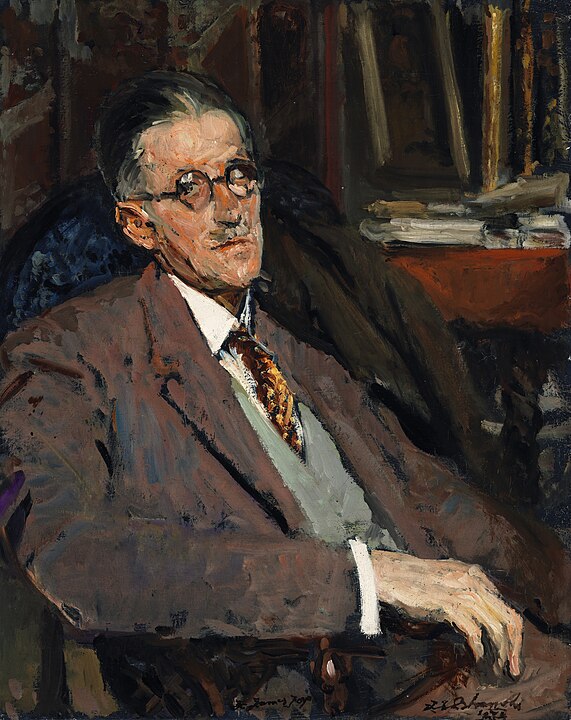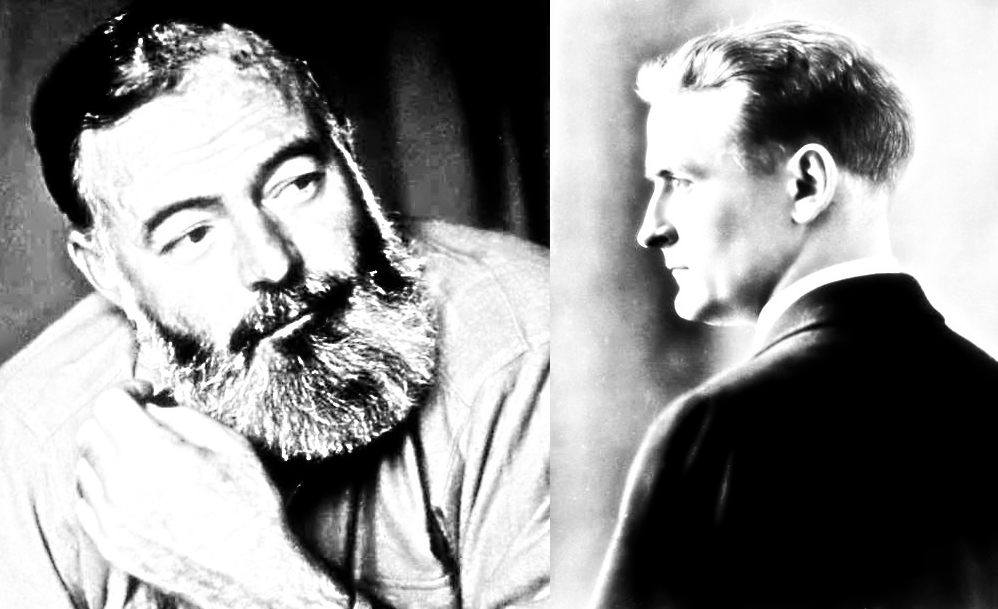“And the life of the ebony clock went out with that of the last of the gay. And the flames of the tripods expired. And Darkness and Decay and the Red Death held illimitable dominion over all.”— Edgar Allan Poe | The Masque of the Red Death
To hide from death is to pretend it cannot find you. But it can and it will. It finds all living beasts. Now, whether you make good of that surety, or try to lock yourself in a palace in ignorance is your choice, I suppose.
But remember: Death will find you no matter what!
Today, we are examining “The Masque of the Read Death” by Edgar Allan Poe. We are going to outline and summarize the story, provide a few reviews, and my overall analysis of the short story.
Summary
“The Masque of the Red Death” tells the tale of an upper class party that has quarantined itself from the rest of society due to a horrible plague (more than likely the bubonic plague). Prince Prospero, who is in charge of this party, has gone through these lengths of seclusion to keep his cohorts safe from this “Red Death.”
Poe writes of Prospero: “But the Prince Prospero was happy and dauntless and sagacious. When his dominions were half depopulated, he summoned to his presence a thousand hale and light-hearted friends from among the knights and dames of his court, and with these retired to the deep seclusion of one of his castellated abbeys” (Poe).
The crowd is enthralled with the lavish masquerade party. Yet, while they are gleefully enjoying their party, a masked figure arrives and begins walking toward a room that is otherwise off-limits to the guests. He is dressed in a crimson costume and is unaffected by the annoyances of the guests.
As the speaker of the story follows the stranger, he is frightened by the figures ghostly movement, and so Prospero then has the expressed purpose of illuminating the stranger’s character. However, he gets more than he bargained for when the figure reveals nothing underneath its robe, and the sight of this kills the speaker of the story.
Reviews
On Goodreads, the short story has 173 five-star reviews and only 2 one-star reviews.
Highlighted by five-star reviewers, “Poe’s prodigious use of poetic devices leave much to the imagination. That no wealth can save you from death…” and that the story is “flawless” and represents “Poe at his best…”
Meanwhile, one-star reviews merely seemed annoyed at the amount of Edgar Allan Poe stories they were forced to read in some capacity. “No more Edgar Allen (sic) Poe,” states the sole review commentator.
Analysis
I really enjoy this story due to its lovely atmosphere and the frightful villain. The idea of partying while a plague sweeps across the country has a certain charm, and perhaps one that hits too close to home. In modern terms, the Red Death could certainly stand for Covid, and the quarantine put into affect in various countries definitely mirrors Prince Prospero’s holdout in the castle.
However, we also know the vile nature of hiding from death if only to save yourself from its clutches for a short while longer. Of course, Prospero learns this all too late when his fate is sealed at the finale. The story itself is about hiding from death as a means to avoid its touch; but, as with most Poe stories, the protagonist suffers a horrible fate due to their own malicious intent.
The story ends beautifully. Poe writes: “He had come like a thief in the night. And one by one dropped the revelers in the blood-bedewed halls of their revel, and died each in the despairing posture of his fall. And the life of the ebony clock went out with that of the last of the gay. And the flames of the tripods expired. And Darkness and Decay and the Red Death held illimitable dominion over all” (Poe).
Death cannot be escaped whether you live in desperate, plague-laden penury, or you are in lavish luxury. It will find you, and it will claim you,
Works Cited
Poe, Edgar Allan. “The Masque of the Red Death.” The Complete Tales and Poems of Edgar Allan Poe, edited by Arthur Hobson Quinn, Anchor Books, 1975, pp. 345-352.








Leave a Reply